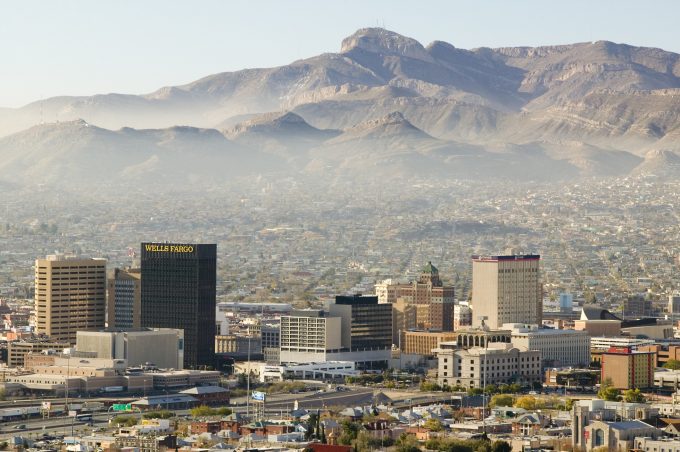Real test of Gemini hub and spoke model yet to come, says Maersk
Early signs may be positive for the Gemini Cooperation’s “hub and spoke” model, but head ...

What wall? The plans by northern neighbour to build this wall has so far failed to dent Mexican exports – including those to the US.
Outbound shipments are up sharply, which has created challenges for carriers in balancing equipment, and operators are stepping up their presence in the country.
“Our business is up approximately 14% over last year,” reported Mike Gamel, chairman and vice-president of sales and marketing at California-based MexPress, which runs a bonded road feeder service between three US gateways and a host of airports ...
'Disastrous' DSV-Schenker merger would 'disrupt European haulage market'
New senior management for DSV as it readies for DB Schenker takeover
Volumes set to 'fall off a cliff' as US firms hit the brakes on sourcing and bookings
Asian exporters scramble for ships and boxes to beat 90-day tariff pause
Amazon pushes into LTL for small package fulfilment and UPS does a u-turn
Temporary tariff relief brings on early transpacific peak season
Pre-tariff rush of goods from US to China sees air rates soar, but not for long
Forwarders 'allowing the fox into the chicken run' by supporting 'hungry' carriers


Comment on this article